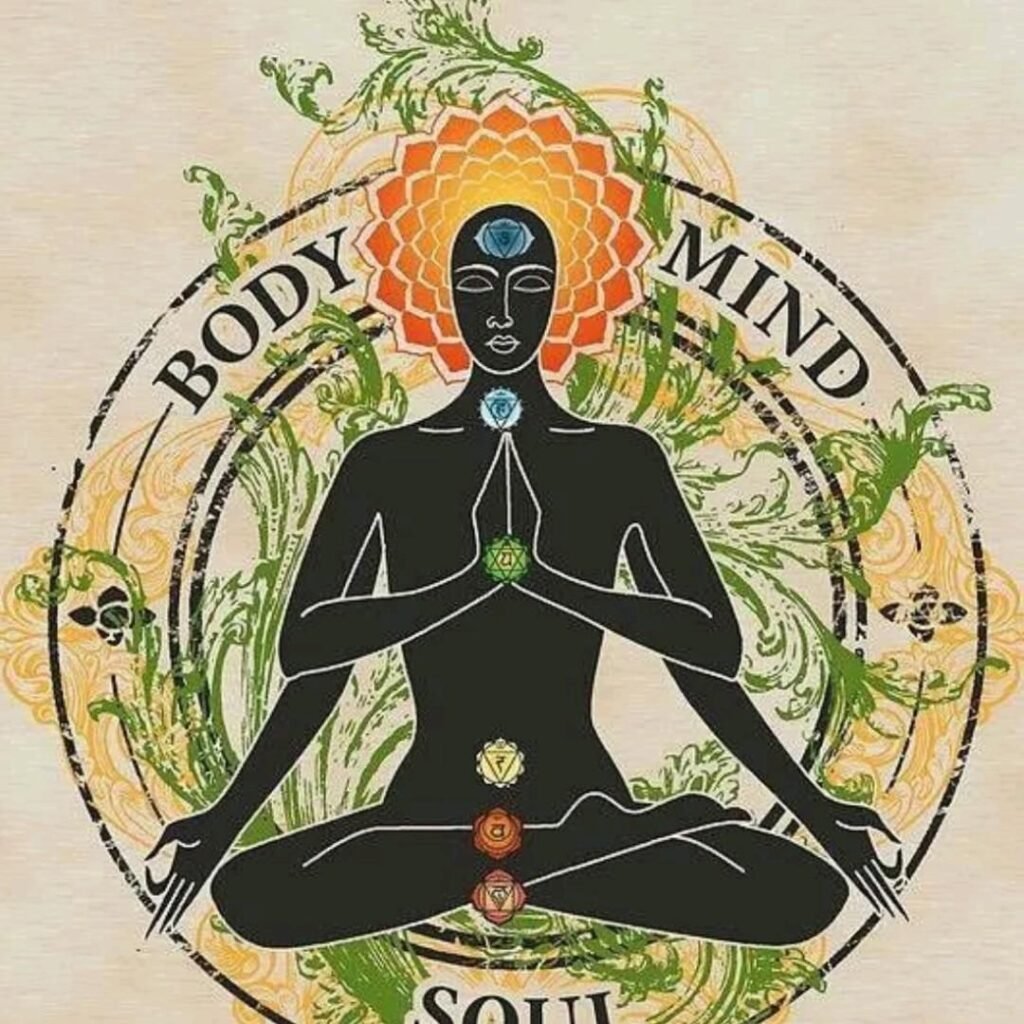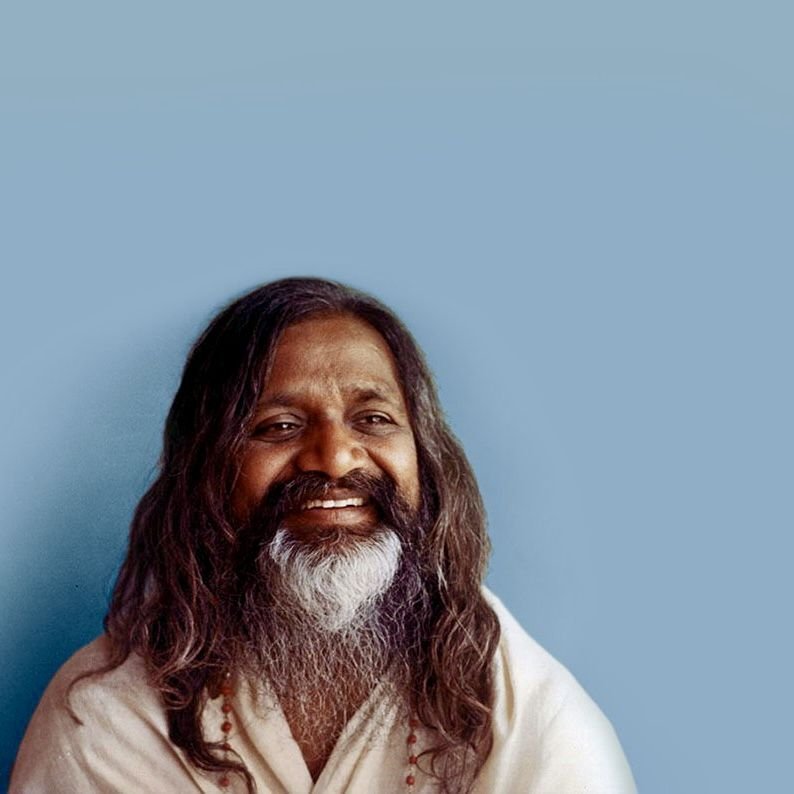Unlock Inner Peace: 7 Secrets of Meditation and How To
How to meditate? Meditation, an ancient practice that has evolved into a powerful tool for modern well-being, is more than just a trendy wellness activity. As we dive deep into understanding this transformative practice, we’ll explore its rich history, scientific benefits, and practical applications in today’s fast-paced world.
Definition of Meditation

Meditation is a mind-body practice that involves training attention and awareness to achieve a mentally clear and emotionally balanced state. It encompasses various techniques that focus on the integration of mind, body, and spirit. While traditionally rooted in spiritual practices, meditation is now recognized by modern science as a powerful tool for mental well-being . At its core, meditation involves self-regulation practices that help cultivate a state of relaxation, enhanced awareness, and thoughtful observation of one’s experiences without judgment .
Understanding the Essence of Meditation

At its core, meditation is a set of techniques designed to train attention and awareness, leading to a mentally clear and emotionally stable state. While many associate meditation with religious practice, it has transcended its spiritual origins to become a type of mind-body medicine embraced by healthcare professionals and scientists worldwide.
Historical Roots and Evolution

The practice of meditation dates back to approximately 1500 BCE, with its earliest records found in the Vedic traditions of India . What began as a religious practice in major religions has evolved into various forms, each offering unique approaches to inner peace and self-discovery.
Ancient wall art from around 5,000 BCE depicts figures in meditative postures, suggesting that humans have long recognized the value of contemplative practices. Today, meditation serves as an umbrella term encompassing different techniques and approaches, from ancient Buddhist practices to modern mindfulness-based stress reduction programs.
Learn How to Fight againsts Depression with Self-Care
The Science Behind Meditation

Physical Benefits
Scientific research and clinical trials have revealed numerous benefits of meditation:
Cardiovascular Health:
- Helps lower blood pressure
- Reduces heart rate in stressful situations
- Recognized by the American Heart Association as a complementary approach to heart disease prevention
Immune System Function:
- Decreases inflammatory markers
- Enhances overall immune response
- Helps combat chronic stress effects on the body
Brain Structure and Function:
- Increases grey matter in areas associated with emotional regulation
- Enhances brain connectivity
- Improves cognitive function
Mental Health Benefits

Research studies have demonstrated meditation’s positive effects on various mental health conditions:
Stress and Anxiety:
- Reduces symptoms of anxiety disorders
- Helps manage post-traumatic stress disorder
- Decreases psychological stress
Sleep and Rest:
- Improves sleep quality
- Helps with chronic insomnia
- Reduces racing thoughts before bedtime
Emotional Well-being:
- Enhances emotional regulation
- Reduces negative emotions
- Promotes better stress response
Different Types of Meditation
There’s no such thing as a “perfect meditation” – different techniques suit different individuals:
1. Focused Attention (FA) Meditation

This type involves concentrating on a single object, thought, or sensation . Key characteristics include:
- Focus on breath, mantra, or specific object
- Training the mind to maintain attention
- Returning focus when mind wanders
2. Open Monitoring (OM) Meditation

This practice involves being aware of all thoughts, feelings, and sensations without focusing on any particular one . Features include:
- Non-judgmental observation
- Present moment awareness
- Accepting all experiences as they arise
3. Movement Meditation

This category includes active forms of meditation , such as:
- Yoga
- Tai Chi
- Qi Gong
- Walking meditation
4. Mantra Meditation

This practice uses repetitive sounds or phrases, including:
- Transcendental Meditation
- Sanskrit mantras
- Personal affirmations
5. Body-Based Meditation
Body Scan Meditation

This involves systematically focusing attention through different parts of the body , including:
- Progressive muscle relaxation
- Tension release
- Physical awareness exercises
Progressive Relaxation
Features include:
- Tensing and relaxing muscle groups
- Reducing physical tension
- Promoting deep relaxation
6. Spiritual Meditation

This type connects practitioners with higher powers or spiritual dimensions, including:
- Silent prayer
- Contemplative meditation
- Sacred chanting
7. Loving-Kindness (Metta) Meditation

This practice focuses on developing compassion, including:
- Sending good wishes to others
- Cultivating universal love
- Developing self-compassion
8. Mindfulness-Based Practices
Mindfulness Meditation

Key aspects include:
- Present moment awareness
- Non-judgmental observation
- Integration with daily activities
Mindfulness-Based Stress Reduction (MBSR)

This structured program includes:
- Systematic mindfulness training
- Body awareness exercises
- Stress reduction techniques
9. Kundalini Meditation

This practice combines various elements , including:
- Breathing techniques
- Mantras
- Movement
- Energy center activation
- Cultivates compassion
- Reduces negative emotions
- Enhances emotional well-being
Understanding Vipassana Meditation

Vipassana meditation, one of the most ancient meditation techniques originating from India, was rediscovered by Gotama Buddha over 2,500 years ago and has been preserved in its purest form through generations, particularly in Myanmar (Burma). This powerful practice, also known as “insight meditation,” serves as a universal remedy for universal ills and represents an art of living.

At its core, Vipassana focuses on self-observation and understanding the true nature of reality through mindfulness and present-moment awareness. The practice is built upon three fundamental concepts: Anicca (impermanence), Dukkha (suffering), and Anatta (selflessness). Scientific research has demonstrated numerous benefits of Vipassana meditation, including reduced stress, anxiety, and depression, along with enhanced emotional regulation. Studies have shown that it can lead to physical changes in the brain, particularly in the prefrontal cortex, which is associated with increased mindfulness and reduced emotional reactivity.
Understanding Transcendental Meditation (TM)

Transcendental Meditation (TM) is a specific form of mantra meditation developed by Maharishi Mahesh Yogi in the 1950s, characterized by its simplicity and natural approach to achieving deep relaxation and inner peace. Unlike other meditation practices, TM doesn’t require concentration or contemplation but instead emphasizes effortlessness.

The practice involves sitting comfortably with eyes closed for 15-20 minutes twice daily, silently repeating a personalized mantra assigned by a certified TM teacher. These mantras are typically meaningless sounds derived from Sanskrit, chosen specifically for their calming qualities and resonance with the individual’s nervous system.
Scientific research has demonstrated numerous benefits of TM, including:
- Significant reduction in anxiety and psychological distress
- Improved cardiovascular health and lower blood pressure
- Enhanced sleep quality and energy levels
- Increased creativity and improved cognitive function
Getting Started: General Guidelines
Essential Steps for Beginners

Create the Right Environment:
- Find a quiet place
- Choose a comfortable position
- Set a time limit (start with 5-10 minutes)

Basic Technique:
- Take a deep breath
- Focus on your chosen point of attention
- Gently return focus when your mind wanders

Establish Regular Practice:
- Make it the first thing in your morning routine
- Start with short meditation sessions
- Build consistent practice over time
Common Challenges and Solutions

Busy Mind:
- Remember: There’s no wrong way to meditate
- Wandering thoughts are normal
- The key component is gentle redirection

Time Management:
- Start with manageable to-do lists
- Schedule meditation like any important appointment
- Use busy days as motivation rather than excuse

Maintaining Consistency:
- Join meditation programs
- Use meditation apps
- Connect with a supportive community
Scientific Validation

Recent randomized controlled trials of mindfulness meditation have shown:
- Significant improvements in anxiety disorders
- Reduced symptoms of depression
- Better management of chronic pain
- Enhanced emotional regulation
- Improved sleep quality
Modern Applications

Today’s meditation practices have evolved to address contemporary challenges:
- Stress management in corporate settings
- Treatment for alcohol use disorder
- Support for irritable bowel syndrome
- Management of high blood pressure
- Enhancement of overall mental health conditions
Meditation is not just an ancient practice but a scientifically validated approach to improving both physical and mental well-being. Whether you’re seeking stress relief, better sleep, or deeper self-awareness, regular meditation practice offers a path to enhanced health and inner peace.
Remember, the most important thing is not achieving a “perfect” meditation but maintaining regular practice. As research continues to unveil new benefits and applications, meditation stands as a powerful tool in our modern wellness arsenal.

